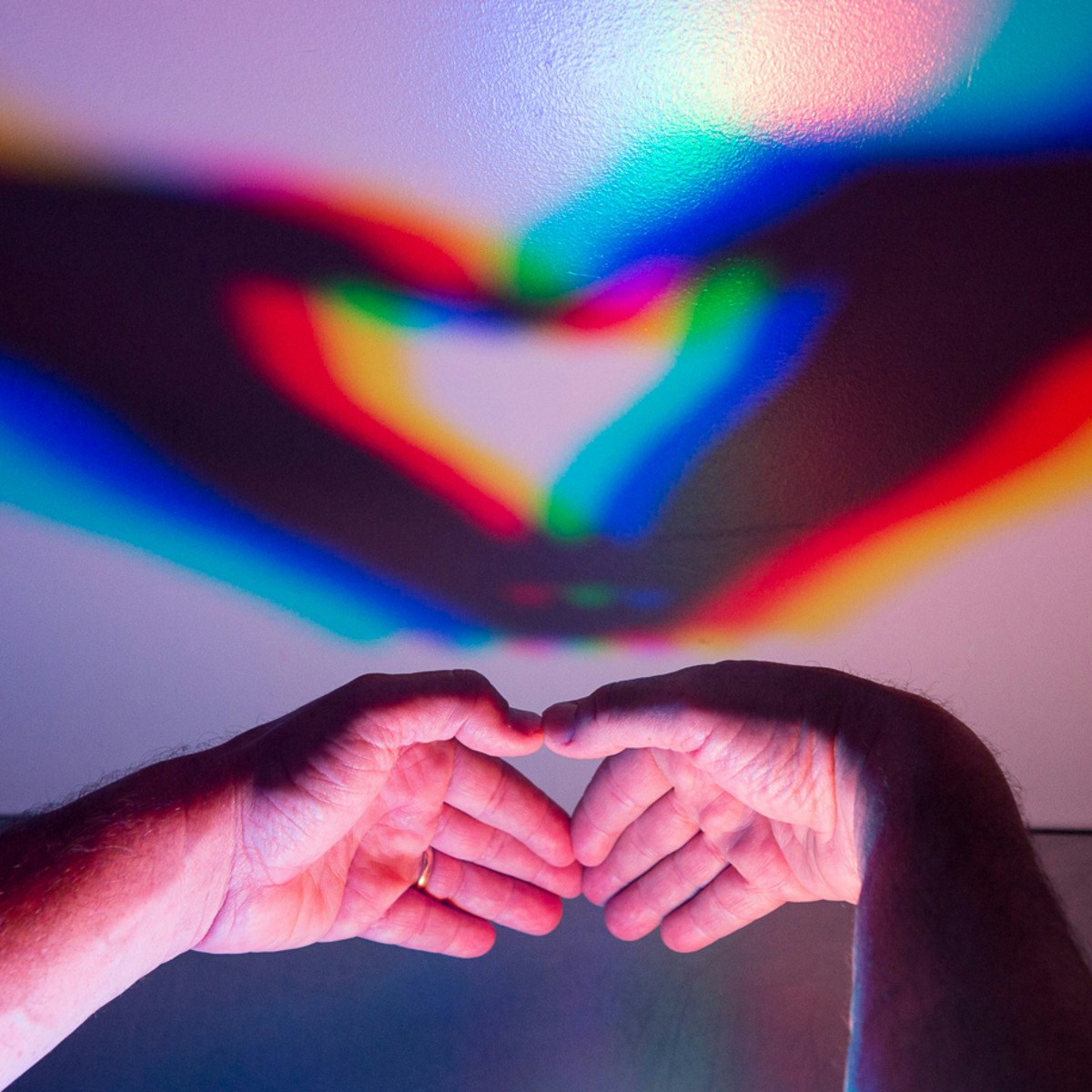Exploring Light: Hands-on Activities and Strategies for Teachers
Overview
This is an Exploratorium teacher professional development course taught by Teacher Institute staff, open to any science teacher (particularly middle or high school level) and science enthusiast. This is a hands-on workshop that explores topics and strategies teachers can use to help their students become active investigators of light. Watch a preview video (copy and paste this link into your browser): https://youtu.be/fPvT_quBVIw There are four weeks of course content, which require 2-4 hours per week. Each module builds upon the previous one, so we strongly suggest you follow the sequence we've outlined rather than skip ahead or do the course in less time. The course is designed to give you an opportunity to learn and share with others, not test what you know. There are weekly activity and reflection assignments, but these will not be graded. To receive credit for this course, you will need to complete the peer-reviewed final assignment. As a participant, you will: - Watch videos that demonstrate natural phenomena and the Exploratorium's approach to teaching and learning - Conduct personal investigations by engaging in hands-on activities based in those phenomena - Reflect and share your experience doing activities - Discuss and identify challenges and opportunities for teaching - Devise a lesson of your own based on one or more of the activities Each week, we'll look at a different light-related topic: We will start by examining human visual perception, then take a brief historical tour of our evolving scientific understanding. We’ll also look at optics and optical instruments and finish by looking at the wave nature of light. To get the most out of this experience, you'll have to try out some activities! In return, you'll get lots of valuable teaching resources, an in-depth understanding of the subject matter, and useful tips and techniques for the classroom. NOTE: This is a hands-on workshop, so you will need to buy or find materials. All of the materials required are inexpensive and should be easy to obtain, and we welcome substitutions! A separate list of materials is available for each activity.

